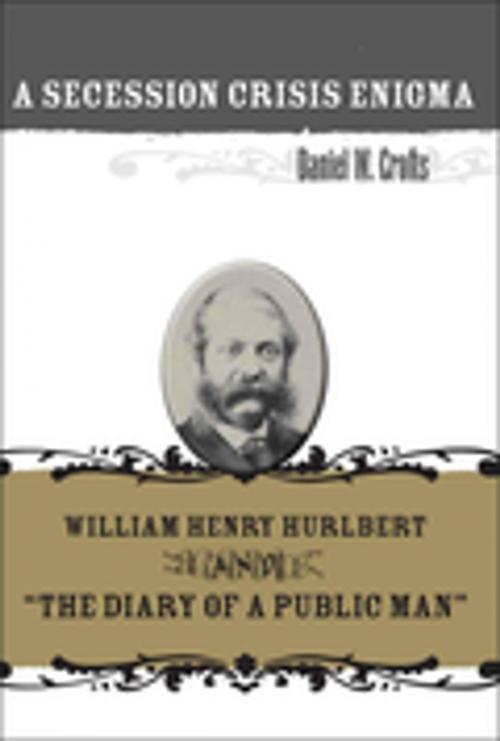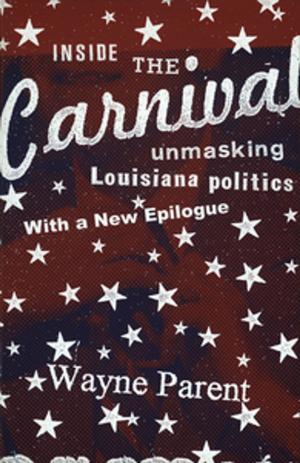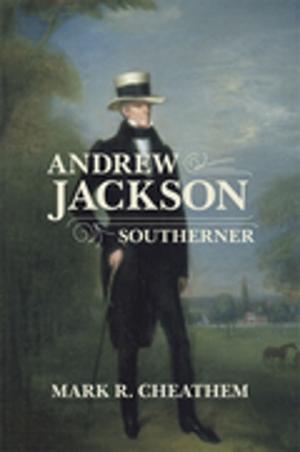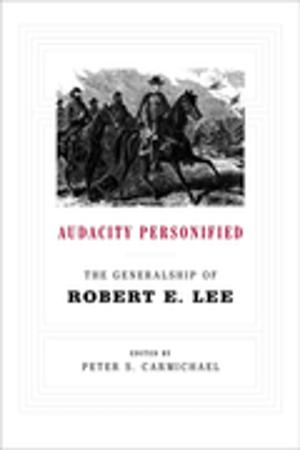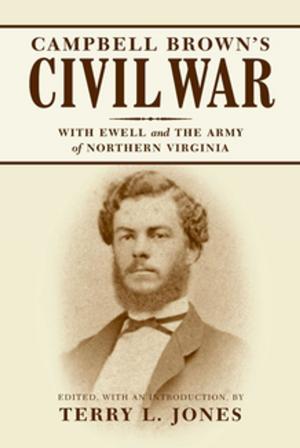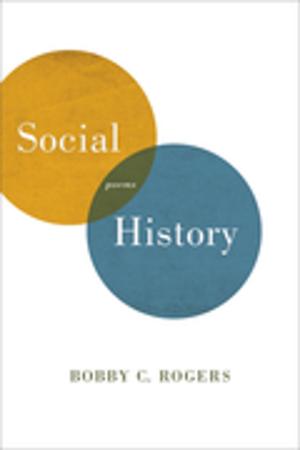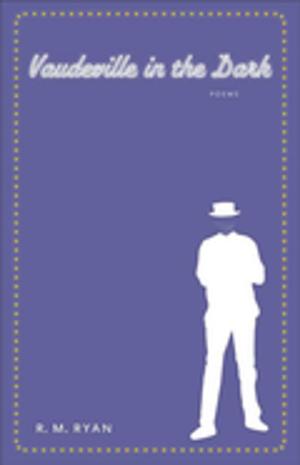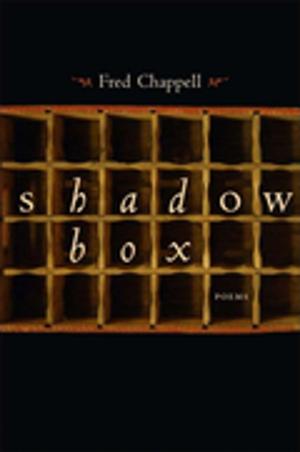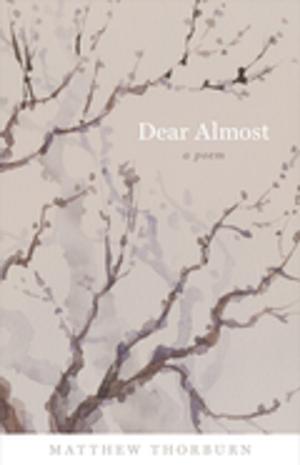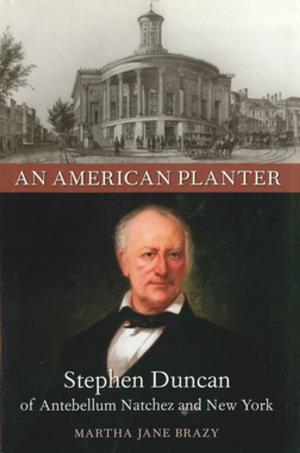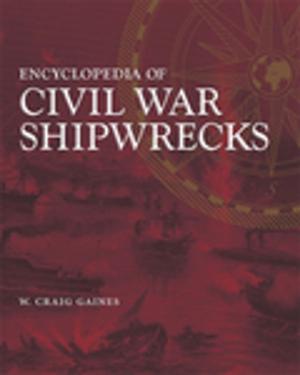A Secession Crisis Enigma
William Henry Hurlbert and "The Diary of a Public Man"
Nonfiction, History, Americas, United States, Civil War Period (1850-1877), 19th Century| Author: | Daniel W. Crofts | ISBN: | 9780807147016 |
| Publisher: | LSU Press | Publication: | April 15, 2010 |
| Imprint: | LSU Press | Language: | English |
| Author: | Daniel W. Crofts |
| ISBN: | 9780807147016 |
| Publisher: | LSU Press |
| Publication: | April 15, 2010 |
| Imprint: | LSU Press |
| Language: | English |
"The Diary of a Public Man," published anonymously in several installments in the North American Review in 1879, claimed to offer verbatim accounts of secret conversations with Abraham Lincoln, William H. Seward, and Stephen A. Douglas -- among others -- in the desperate weeks just before the start of the Civil War. Despite repeated attempts to decipher the Diary, historians never have been able to pinpoint its author or determine its authenticity. In A Secession Crisis Enigma, Daniel W. Crofts solves these longstanding mysteries. He identifies the author, unravels the intriguing story behind the Diary, and deftly establishes its contents as largely genuine. According to Crofts, the Diary was not a diary at all but a memoir, probably written shortly before it appeared in print. The mastermind who created it, New York journalist William Henry Hurlbert (1827--1895), successfully perpetrated one of the most difficult feats of historical license -- he pretended to have been a diarist who never existed. Crofts contends, however, that Hurlbert's work was far from fictional. Time after time, the Diary introduces material virtually impossible to fabricate along with previously concealed information that was corroborated only after its publication. The Diary bristles with precise details regarding the struggle to shape Lincoln's cabinet and the composition of his inaugural address.
Crofts's careful analysis, accompanied by the full text of the Diary in an appendix, offers a bold new perspective on the frantic scramble to reverse southern secession while avoiding the abyss of war. Hurlbert, a long-forgotten eccentric genius, emerges vividly here. Part detective story, part biography, and part a detailed narrative of events in early 1861, A Secession Crisis Enigma presents a compelling answer to an enduring mystery and brings "The Diary of a Public Man" back into the historical lexicon.
"The Diary of a Public Man," published anonymously in several installments in the North American Review in 1879, claimed to offer verbatim accounts of secret conversations with Abraham Lincoln, William H. Seward, and Stephen A. Douglas -- among others -- in the desperate weeks just before the start of the Civil War. Despite repeated attempts to decipher the Diary, historians never have been able to pinpoint its author or determine its authenticity. In A Secession Crisis Enigma, Daniel W. Crofts solves these longstanding mysteries. He identifies the author, unravels the intriguing story behind the Diary, and deftly establishes its contents as largely genuine. According to Crofts, the Diary was not a diary at all but a memoir, probably written shortly before it appeared in print. The mastermind who created it, New York journalist William Henry Hurlbert (1827--1895), successfully perpetrated one of the most difficult feats of historical license -- he pretended to have been a diarist who never existed. Crofts contends, however, that Hurlbert's work was far from fictional. Time after time, the Diary introduces material virtually impossible to fabricate along with previously concealed information that was corroborated only after its publication. The Diary bristles with precise details regarding the struggle to shape Lincoln's cabinet and the composition of his inaugural address.
Crofts's careful analysis, accompanied by the full text of the Diary in an appendix, offers a bold new perspective on the frantic scramble to reverse southern secession while avoiding the abyss of war. Hurlbert, a long-forgotten eccentric genius, emerges vividly here. Part detective story, part biography, and part a detailed narrative of events in early 1861, A Secession Crisis Enigma presents a compelling answer to an enduring mystery and brings "The Diary of a Public Man" back into the historical lexicon.
